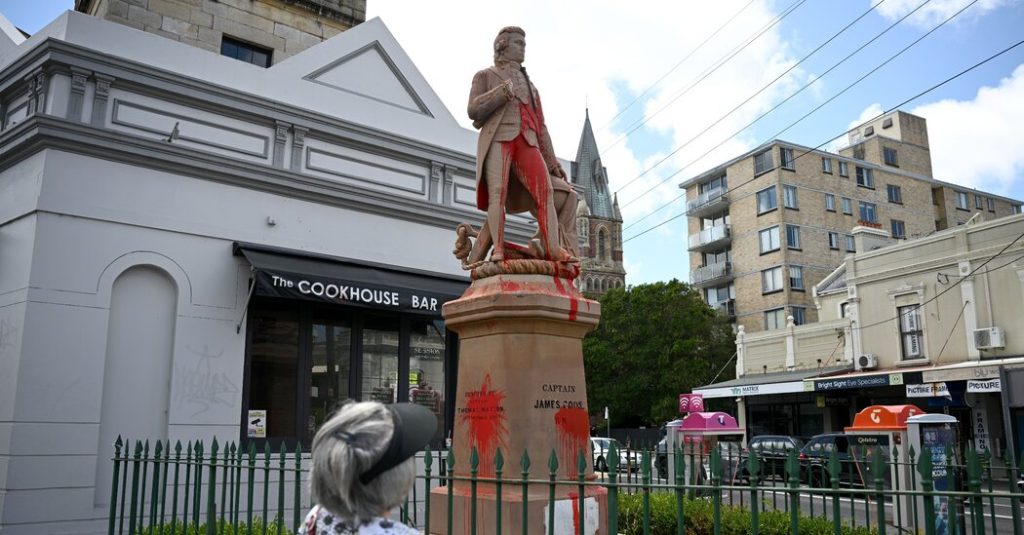Australia Day, celebrated annually on January 26th, commemorates the arrival of the First Fleet of British ships in Sydney Cove in 1788. While officially marking the founding of the colony of New South Wales, the date has become increasingly contentious, viewed by many Indigenous Australians and their allies as a day of mourning, representing the beginning of colonization and dispossession of their ancestral lands. This stark contrast in perspectives has fueled ongoing debate and protests surrounding the national holiday.
For some Australians, Australia Day is a time for national pride, celebrated with barbecues, parades, and community events. They see it as a day to acknowledge the nation’s history and achievements. However, for Indigenous Australians, the date carries a heavy weight of historical trauma. The arrival of the British marked the start of systemic oppression, dispossession, and violence against Indigenous communities. The loss of land, culture, and self-determination continues to impact Indigenous Australians today. This fundamental difference in interpretation has led to calls to change the date of Australia Day to one that is more inclusive and respectful of Indigenous history.
The recent acts of vandalism against statues of colonial figures, including Captain James Cook, John Batman, and King George V, reflect the deep-seated anger and frustration felt by some towards the celebration of Australia Day. The defacement of these monuments, seen by many as symbols of colonial oppression, serves as a visible protest against the continued celebration of a date that represents pain and dispossession for Indigenous Australians. While the vandalism has been condemned by government officials, it underscores the deep divisions within Australian society regarding the meaning and significance of this national day.
The vandalism echoes similar actions taken around the world in recent years, particularly in the wake of the Black Lives Matter movement. Statues of historical figures associated with colonialism, slavery, and oppression have been targeted for removal or defacement in countries grappling with their colonial pasts. This global reckoning with historical injustices has amplified calls within Australia to address the ongoing legacy of colonialism and its impact on Indigenous communities. The defacement of the statues serves as a reminder of the unresolved issues of historical injustice and the need for genuine reconciliation.
The debate over Australia Day extends beyond the date itself, encompassing broader issues of Indigenous rights, land rights, and reconciliation. Indigenous activists and their supporters advocate for a treaty between the Australian government and Indigenous peoples, a formal agreement that would acknowledge past injustices and pave the way for a more just and equitable future. They also call for greater self-determination and control over their own affairs, including the management of land and resources. These calls for substantive change reflect a desire to move beyond symbolic gestures of reconciliation towards meaningful action that addresses the systemic inequalities faced by Indigenous Australians.
The ongoing debate over Australia Day highlights the complex relationship between history, memory, and national identity. While some view the national holiday as a time for celebration and unity, others see it as a reminder of a painful past and a symbol of ongoing injustice. The vandalism of statues, while controversial, serves as a stark reminder of the deep-seated divisions within Australian society and the urgent need for meaningful dialogue and action towards reconciliation between Indigenous and non-Indigenous Australians. The path forward requires a willingness to confront the difficult truths of the past and to work towards a future where all Australians feel a sense of belonging and shared national identity.


